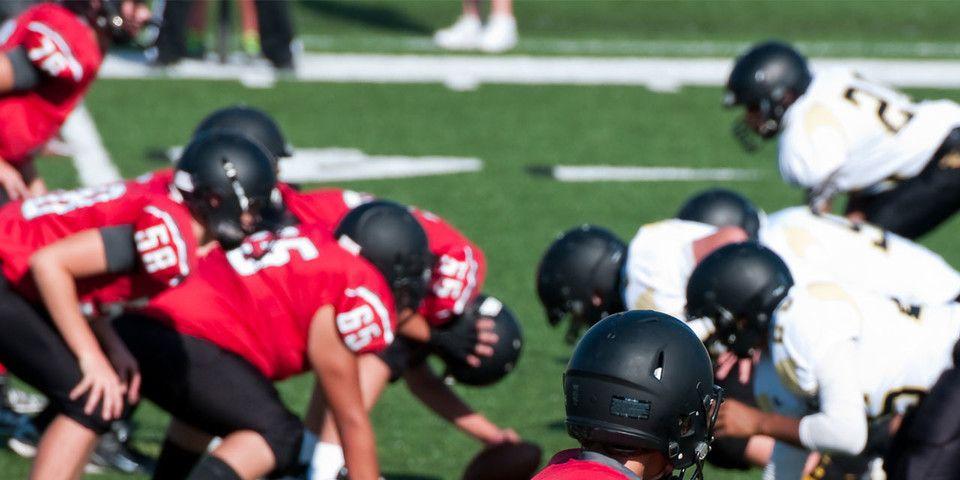Falling On Ice: Winter Injuries and How to Prevent Them
Avoid orthopaedic injuries caused by falling on ice this winter.
While winter means the approach of holidays, sleigh rides, and freshly fallen snow, it can also present serious health and safety concerns. For elderly persons and those who suffer from certain orthopaedic conditions, in particular, winter weather is a great source of anxiety.
These fears are not unfounded; winter does indeed present significant risks for falling on ice and snow — and the orthopaedic injuries that may result from slips, trips, and falls. Falling on ice injuries occur in high frequency during the wintertime; some of these injuries result in disability or even death.
Fortunately, there are two pieces of good news for concerned patients as the winter season approaches. First, there are precautionary measures that can be taken for preventing ice injuries. Second, if an injury does occur, the orthopaedic experts at Rothman Orthopaedic Institute can offer specialized treatment options that effectively target these traumatic wintertime injuries.
Injuries Caused by Slips, Trips, and Falls
Injuries caused by falling on ice are traumatic in nature. The type of injury suffered is largely dependent upon the intensity of the impact, the part of the body landed upon, and the age and health of the person who has fallen. Listed below are some of the common injuries that may be suffered as a result of falling on ice.
Of these injuries resulting from falls on ice, wrist fractures are the most common. As a slip, trip, or fall occurs, people tend to brace themselves with their hands; this frequently results in a fractured wrist. Landing on the side or back may result in a hip or shoulder injury (such as a dislocation or an injured rotator cuff), whereas landing on the knees may cause a torn or damaged meniscus or ACL.
The severity of these injuries will naturally vary from patient to patient. Older patients or those with degenerative orthopaedic conditions such as osteoporosis or arthritis are more susceptible to serious injuries from a fall. Cancer patients may also experience increased physical damage if a fall is experienced.
Preventing Wintertime Injuries
The majority of wintertime injuries are spontaneous accidents. In many cases, patients are unaware of icy surfaces or unprepared for winter weather conditions. Thus, situational awareness and preparedness are important factors in the prevention of falling on ice injuries. As winter approaches, here is what you can do to help stay safe:
-
Pay attention to weather predictions and current weather conditions; plan and dress appropriately.
-
Wear winter-appropriate footwear with ample tread.
-
Shovel walking surfaces proactively, prior to icing.
-
If you are elderly or suffer from an orthopaedic condition, hire help or ask a neighbor, family member, or friend to assist in clearing your walkways.
Physically preparing for the risk of traumatic falls can likewise help to reduce their impact. Taking the following musculoskeletal health precautions can have a strongly positive effect:
-
Ensure your diet has sufficient calcium and vitamin D.
-
Cease smoking if you currently smoke.
-
Stretch approximately ten minutes before activity to loosen stiff, brittle muscles.
-
Maintain regular activity throughout the day and avoid long, sedentary periods that reduce blood flow to extremities.
-
Perform weight-bearing exercises to strengthen your bones, muscles, tendons, and ligaments.
-
Perform resistance training aimed at strengthening muscles and connective tissue.
Treating Traumatic Winter Injuries
Unfortunately, not all injuries resulting from falling on ice can be prevented. In icy, winter weather, accidents are prone to happen. If an injury does occur, the most important thing to do is to seek out the most effective, trusted orthopaedic care available.
The experts at Rothman Orthopaedic Institute treat patients every winter who have suffered injuries from falling on ice. With exceptional methods, technology, skills, and experience, they ensure that each patient receives the best treatment possible so that they can return to a normal, healthy life and their favorite wintertime activities. If you have suffered a slip, trip, or fall injury, Rothman Orthopaedic Institute can help. Please visit us here or contact us at 1-800-321-9999.
Related Physicians
Related Specialties
Related Conditions
Related Programs
-

Injury Prevention Program
The Injury Prevention Program at the Rothman Orthopaedic Institute is dedicated to the prevention of injuries from athletic participation, particularly youth sports.Read More




